My Turn: Careful about impact of more affordable housing

Kaboompics.com
| Published: 08-02-2024 5:25 PM |
In response to the July 6 Recorder article “Zoning changes eyed for housing,” I would like to offer some observations about the process of decision-making in city government.
I am keenly aware of the need for affordable housing, not just in Greenfield but across the state. I am in favor of thoughtful and deliberate city planning that benefits all residents today and in the future. In my lifetime. I have observed that by the time solutions to issues are implemented, often the issues change or cause other problems. I feel this is because many decisions in government are siloed and do not encompass the big picture.
Greenfield is talking about the need for increased affordable housing while, at the same time, making other decisions that will limit many services. More housing means more people and the need for more city services.
Will our water supply be sufficient for a significantly increased population? The water treatment facility already has issues with overflow discharge during heavy rain events. The city water and sewer infrastructure are in dire need of upgrading now, without increased usage.
A parking study of the city was done a few years ago. Ever since, decisions have been made that have reduced the number of available parking spots — the new library, the skate park, talk of alternative use of the lot on Hope Street once the temporary fire station is removed.
At the same time, planning has begun for 65 new apartments and an expanded Greenfields Market on Main Street. There is also a new private school planned in the same area.
These projects alone will increase the need for parking downtown. Meanwhile, the School Department has decided to reduce the number of school buildings by eliminating the Green River School. Will there be a need to build new schools in 10 years if more housing is added now?
Other services, such as police and fire and the Department of Public Works, will be pushed to their limit with increased population, resulting in increased taxes. Housing affordability will be an issue again, as maintaining the affordability of housing is a real issue now.
Article continues after...
Yesterday's Most Read Articles
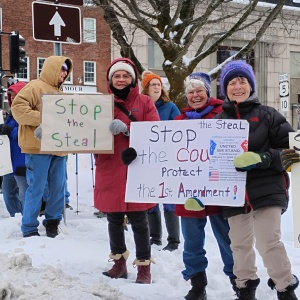 Local ‘Hands Off!’ standouts planned as part of national effort
Local ‘Hands Off!’ standouts planned as part of national effort
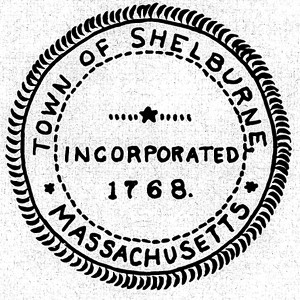 Shelburne Selectboard determines police detective will retain job
Shelburne Selectboard determines police detective will retain job
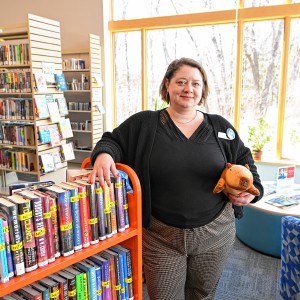 Local libraries react to state funding cuts, federal administrative leave
Local libraries react to state funding cuts, federal administrative leave
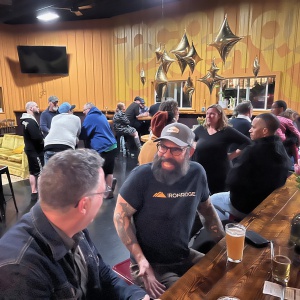 Incandescent Brewing now open in Bernardston
Incandescent Brewing now open in Bernardston
 Cooking up an expansion: Cocina Lupita eyes second location in Turners Falls
Cooking up an expansion: Cocina Lupita eyes second location in Turners Falls
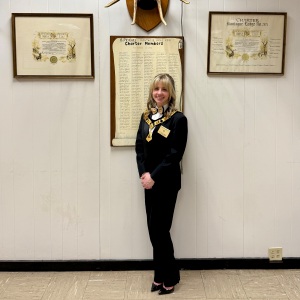 ‘She is our future’: Thirty years after permitting women to join, Montague Elks is almost entirely women-led
‘She is our future’: Thirty years after permitting women to join, Montague Elks is almost entirely women-led
I live in a mixed (low to moderate) income development. The cost to maintain and repair an “affordable” home is the same as for any other home. Many people with limited incomes struggle to maintain their homes. You cannot go the Home Depot and say, “I live in an affordable home, so I should not have to pay full price for my shingles.” If people cannot afford the maintenance and taxes, property values and neighborhood quality will suffer.
In Massachusetts, to sustain the affordability of low-income housing, the deed rider on that property limits the ultimate resale price of that home in the future. This also restricts the real estate assessment of the property by the town for tax purposes. This in turn shifts the burden of taxes onto other homeowners. This is why it is important to have zoning that encourages mixed-income housing.
Add to these challenges the impact of climate change. Denser development will eliminate green space that is becoming increasingly more crucial to regulating temperature and air quality.
The less green space available to absorb rain and moisture, the more surface water runoff will occur. We need water to be absorbed and naturally nourish and replenish our watershed, not overburden our water treatment facility.
Individual outdoor space is important to the quality of life. Dense housing with no private space, such as the proposal for row housing, will add to social conflict and reduce the quality of life, creating more problems for future generations.
People live in Greenfield instead of Springfield, Holyoke or Northampton, because it is essentially rural. They choose space and the availability of outdoor recreation. They enjoy the small-town feel. “Free-range” zoning is not the answer. Zoning needs checks and balances and a vision that includes the whole picture.
We are at a pivotal point in our planning for the future of Greenfield. Yes, we need more housing, but at what cost? We need thoughtful zoning and whole-town planning so as not to create greater problems for future generations.
Mary Sirum lives in Greenfield.






 As I See It: How liberty itself killed liberalism in America
As I See It: How liberty itself killed liberalism in America My Turn: Invest in hunger-free campuses to make free college truly work
My Turn: Invest in hunger-free campuses to make free college truly work Beth Girshman: Support federal funding of libraries and museums
Beth Girshman: Support federal funding of libraries and museums Dale Moss: Trump, Musk actions will cause long-term damage
Dale Moss: Trump, Musk actions will cause long-term damage
